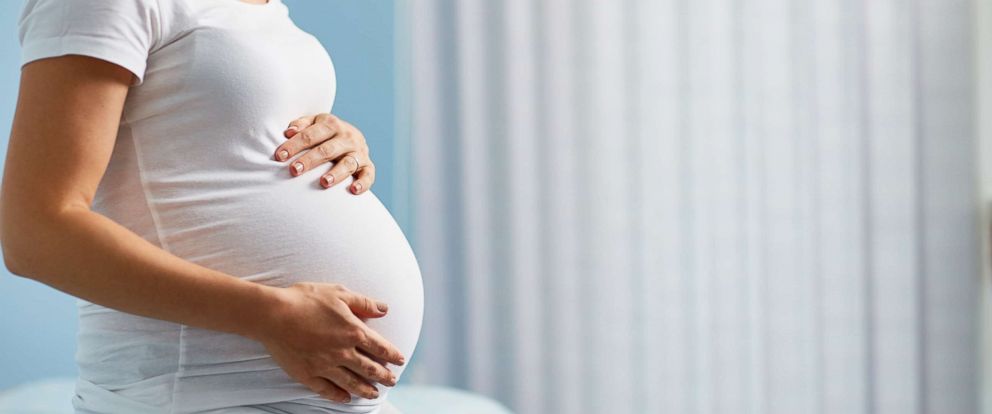


The most important thing to consider when deciding whether to fast during pregnancy is the health of you and your developing baby. You should make a decision on whether you are healthy enough to fast with your doctor.
Your obstetrician should be the first person you consult on whether it is safe for you to fast or not. In high-risk pregnancies, it is usually inadvisable to fast. Some doctors prefer you not to fast during the early stages of pregnancy as the most dramatic changes and development happen during the first trimester. Some women also suffer from nausea and morning sickness which can cause dehydration and a lack of necessary nutrients, and fasting might not be recommended.
10 tips for pregnant women who choose to fast during Ramadan

1- Talk to your doctor, who can check your health and for any possible complications that fasting makes you more prone to, such as diabetes (gestational diabetes) and anemia. You may need to have more frequent check-ups during your fast to monitor your blood sugar levels. Fasting is not considered to be safe if you have diabetes and are pregnant.
2- Keep calm and avoid stressful situations. Changes in your routine, a lack of food and water, and eating and drinking at different times can cause stress. Pregnant women who fasted during Ramadan were found to have higher levels of the stress hormone cortisol in their blood than women who didn’t fast.
3- Ask family or friends who have fasted while being pregnant for tips and suggestions.
4- Plan your days so you can take regular rests.
5- Keep a food diary, so you know what you are eating and drinking.
6- If you’re used to having a lot of caffeinated drinks, cut back before you fast to prevent withdrawal headaches. You shouldn’t have more than 200mg of caffeine a day when you are pregnant as this is a diuretic and can make you dehydrated. Remember that chocolate and green tea also contain some caffeine
7- In terms of breaking your fast, avoid sugary food which will raise your blood sugar quickly, leading to an energy crash later. Instead eat plenty of whole grains and high fiber foods such as vegetables, pulses, and dried fruit, plus lots of protein from meat, eggs, and nuts. Try to drink 1.5 to 2 liters of water outside of fasting periods.
8- Make sure you are still taking your supplements (folic acid and vitamin D) and eating a healthy balanced diet during Ramadan so that you are getting all the nutrients you and your baby need.
9- Try not to walk long distances or carry anything heavy.
10- Cut down on housework and anything that tires you out.
If you’re still not sure whether fasting during pregnancy is for you then consider a trial period to see how you get on and go from there.